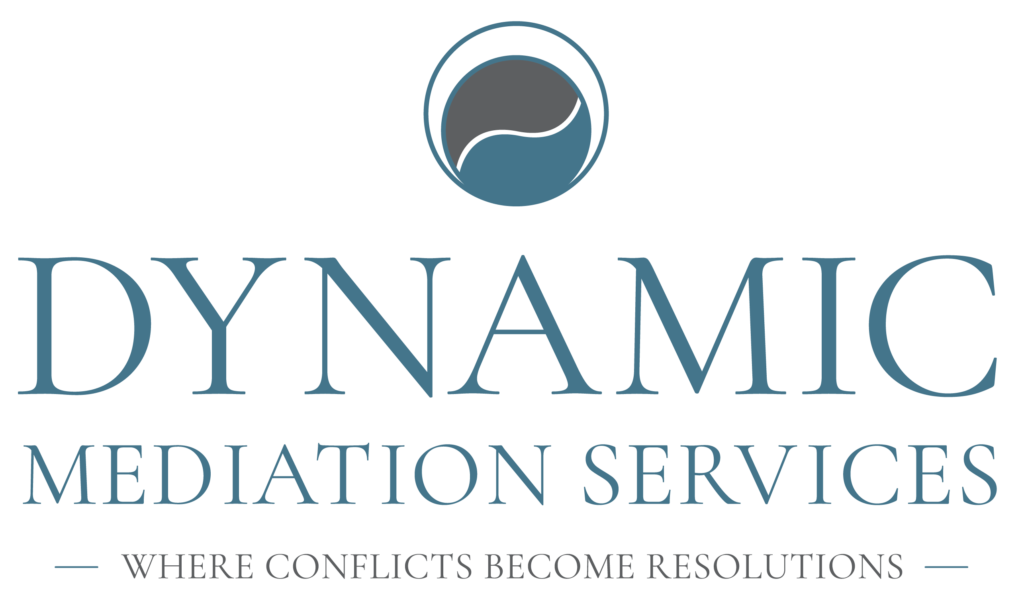How Mediators Differ from Attorneys

Conflict seems to be a constant in life—at work, at home, in contracts, or even between neighbors. While some disputes find their way into courtrooms, others benefit from mediation, a process centered on dialogue. At the heart of mediation is neutrality, an idea that shapes how mediators work and distinguishes them from attorneys.
But what does it mean for a mediator to be neutral? And how does this neutrality affect the resolution process?
Facilitation Over Advocacy
A mediator is a facilitator, not an advocate. They guide discussions between conflicting parties, ensuring both sides have the chance to express their concerns and collaborate on a resolution. The mediator’s goal is not to “win” for one party but to help both parties reach a voluntary agreement.
In contrast, attorneys are advocates. Their loyalty is to their client, and they use legal tools, precedent, and negotiation to secure the best possible outcome for that client. Where mediators aim for mutual understanding, attorneys seek an advantage.
This difference is everything. Attorneys work within a framework of rights and laws, while mediators focus on interests and solutions, often fostering outcomes that wouldn’t be possible in a courtroom.
Neutrality in Practice
Neutrality is more than avoiding bias—it’s about creating a space where both sides feel heard and respected.
A mediator does not take sides or impose judgments. Instead, they focus on asking questions, clarifying concerns, and ensuring discussions remain productive. Avoiding any appearance of favoritism creates trust with both parties.
Neutrality also involves recognizing and addressing power imbalances. If one party has greater resources, confidence, or legal knowledge, a mediator works to level the playing field. This ensures the process remains fair and prevents one side from overshadowing the other.
Importantly, neutrality doesn’t mean emotional detachment. A good mediator listens actively, validates emotions, and shows empathy—but always distributes this care evenly between both parties.
Mediators vs. Attorney
While both mediators and attorneys play crucial roles in resolving disputes, their approaches and objectives couldn’t be more different.
Attorneys are strategists. They build arguments, cite legal precedents, and push for decisions that favor their client. Success for an attorney is measured by how well they protect or advance their client’s position.
Mediators act as process managers. Their success is measured not by who “wins,” but by whether the parties leave the table with an agreement they both can accept. Mediators guide, but they never dictate.
This difference also extends to confidentiality. While attorneys maintain privilege with their clients, mediators extend confidentiality equally to both parties. This shared privacy encourages openness, helping participants discuss their concerns without fear of repercussions.
Why Mediation Works
In a world that seems to thrive on conflict, mediation offers a better path forward. It saves time, reduces expenses, and helps preserve relationships—whether between co-parents, business partners, or neighbors.
Unlike litigation, which often ends with a “winner” and a “loser,” mediation empowers both parties to shape their own outcomes. It allows for creative solutions that courts can’t provide and fosters a sense of ownership in the final agreement.
When managed by a skilled, neutral mediator, the process creates clarity and cooperation, allowing participants to move past conflict with dignity and confidence. At Dynamic Mediation Services, we handle conflicts with grace and professionalism. Call us today at (843) 754-5572 to take the first step toward a solution.
